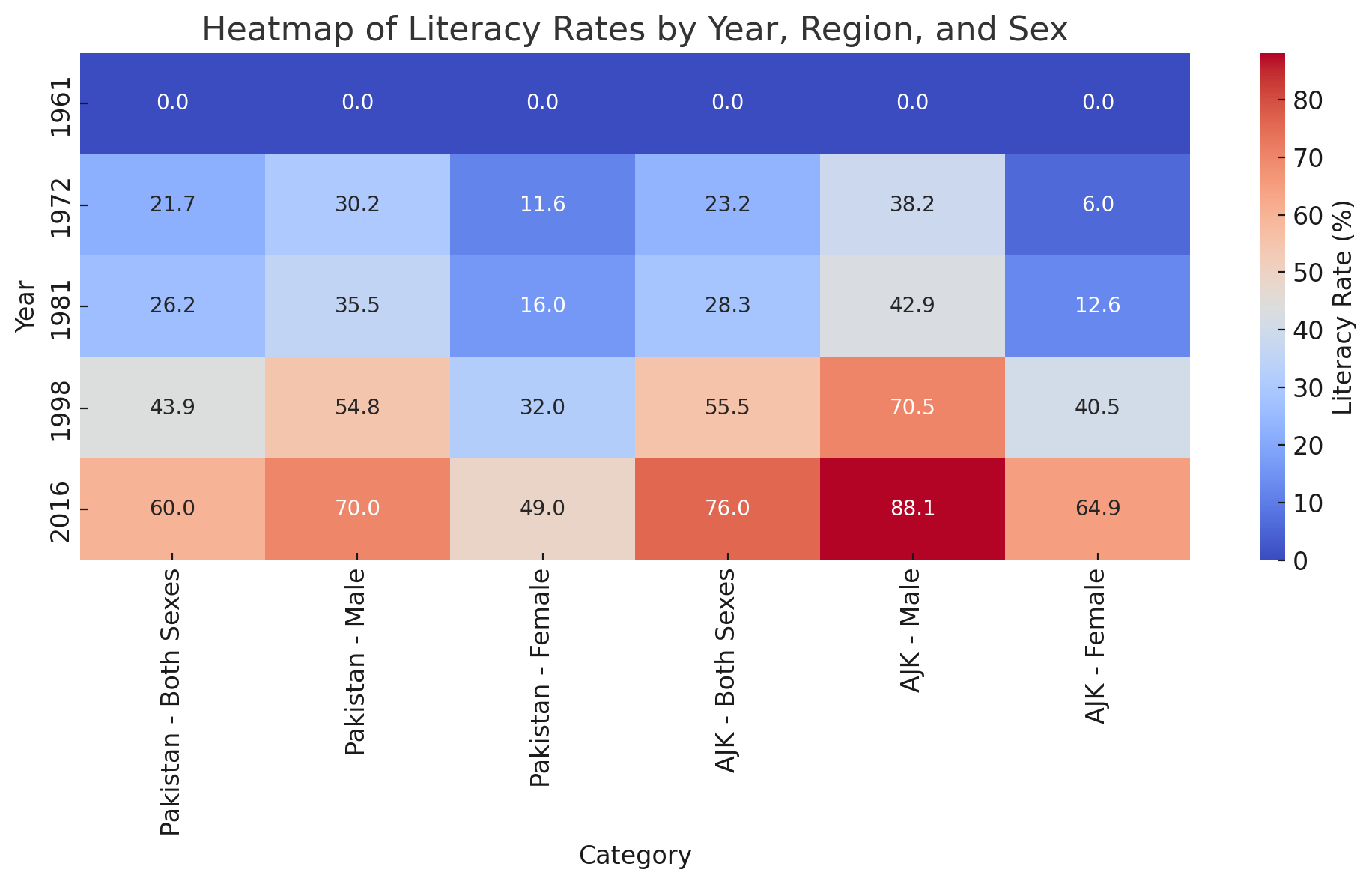President Donald Trump has announced a 25% import tax on all steel and aluminum imports, marking a significant escalation in U.S. trade policy. This move is expected to have global economic implications, particularly affecting major trade partners Canada and Mexico—two of the largest suppliers of these materials to the U.S.
The announcement follows Trump’s earlier decision to delay similar tariffs on Canadian and Mexican imports for 30 days, using the reprieve as leverage to push for stricter border security measures.
Impact on the Insurance Industry
The uncertainty surrounding potential trade wars is already influencing key industries, including insurance. According to Kenneth Saldanha, Insurance Lead – Americas at Accenture, the volatility is causing significant disruptions.
“The short answer is that geopolitical instability is whipsawing insurance companies,” Saldanha stated. “We’ve seen carriers revise their earnings releases three times in a week based on shifting conditions.”
This hesitation is having a ripple effect across business sectors that depend on global exposure, such as multinational insurance coverage and inland marine shipping. Insurers are reluctant to commit underwriting capital amid uncertainty, opting instead to take a wait-and-see approach.
“Right now, uncertainty is freezing capital commitments, especially for multinational coverage and industries like inland marine shipping,” Saldanha added. “If insurers don’t know where things are headed, they won’t commit underwriting capital.”
How Trade Wars Could Reshape the Insurance Market
Beyond underwriting decisions, the broader concern is how global economic shifts will impact the insurance industry in the long run. Historically, insurance growth has closely mirrored GDP trends, meaning that if economic disruptions slow global trade, the risk pool for insurers could shrink.
“If geopolitical risks trigger a global trade war, GDP could take a hit, shrinking the risk pool and reshaping the industry,” said Saldanha. “Historically, insurance growth mirrors GDP within a few basis points, so any downturn will directly impact underwriting.”
A prolonged trade war could further disrupt supply chains, increase market volatility, and create an unstable environment for insurers navigating an evolving risk landscape.
Insurers Shifting Focus Amid Uncertainty
In response to the unpredictability, insurance companies are re-evaluating their strategies. Since they cannot control external market conditions, many are focusing on cost management and risk assessment to maintain stability.
“We expect two major effects: a slowdown in multinational underwriting and an intensified focus on cost management as insurers navigate volatility,” Saldanha explained.
As global trade policies continue to shift, insurance firms must remain agile, balancing risk exposure while ensuring long-term financial resilience. For now, all eyes are on the next moves from Washington—and how the world will react.



